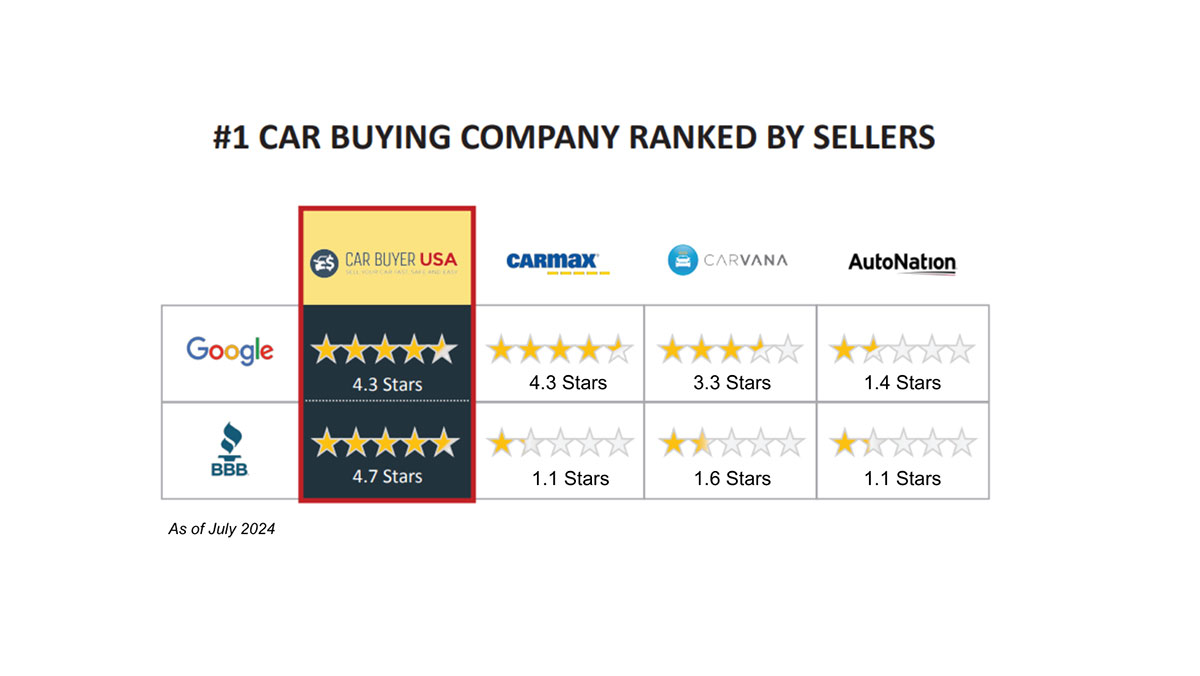
The automotive industry has long offered various financing options for acquiring vehicles, with leasing being a popular choice. Leasing often means lower monthly payments, the opportunity to drive new models every few years, and reduced maintenance costs. However, when the lease term ends, some people may want to buy out their vehicle or sell it to a third party. This is often motivated by high resale values or the desire to switch vehicles without returning to the original dealership.
In recent years, though, several major automakers and financial institutions have put policies in place that restrict or outright prohibit third-party lease buyouts. If your vehicle is leased through the following companies, Nissan/Infiniti, Honda/Acura, BMW, Ford, Tesla, Ally, Volvo, Volkswagen, GM Financial, Lincoln Auto, Mini Financial, Southeast Toyota Finance, US Bank, Audi, or Mazda Capital, selling your leased car to an independent dealer or private buyer is not allowed. These restrictions primarily allow automakers and their finance divisions to control the resale of their vehicles. By limiting third-party buyouts, they can ensure that the car returns to their network, either through a dealership or an auction. This strategy helps them maintain control over the vehicle's resale value and ensures that the car can be resold as a certified pre-owned (CPO) vehicle, a profitable market segment.
For lessees hoping to capitalize on a high resale market by selling their vehicle to a third party, these restrictions can be frustrating. Many may find that they owe more on their lease than the car’s market value, making a buyout from a third party the most financially viable option. However, with these new restrictions, they may have no choice but to return the vehicle to the dealership, often receiving less value than if they could sell it independently. These policies can also complicate the process for consumers who want to buy out their lease and sell the vehicle immediately. Even if the lease contract allows a buyout, lessees may have to first buy the vehicle from the leasing company before selling it, which can involve taxes, title transfers, and other bureaucratic hurdles.
If you’re leasing a vehicle from one of the companies that restrict third-party buyouts, it’s crucial to understand your lease agreement and options well before the end of your lease term. Reach out to your leasing company to clarify their policies and explore alternative options. You may still be able to buy out your lease and sell the vehicle independently, but be prepared for the extra steps involved. In some cases, you might be able to negotiate with your dealership for a better buyout deal, especially if they’re eager to add a CPO vehicle to their inventory. Consulting with a financial advisor or a trusted automotive consultant can also help you navigate this complex situation. As the automotive industry continues to evolve, it’s important for lessees to stay informed about policies that may affect their end-of-lease options. While these restrictions on third-party lease buyouts are designed to benefit automakers, they can pose challenges for consumers looking to maximize the value of their leased vehicles. Planning ahead and understanding these policies are key to avoiding surprises when your lease term ends.


